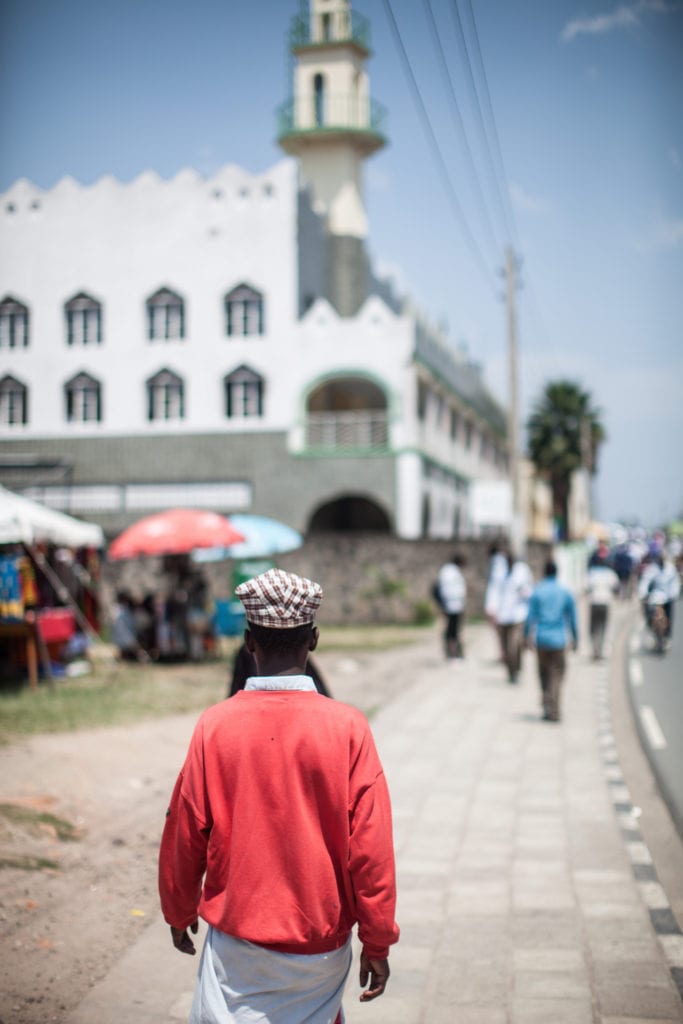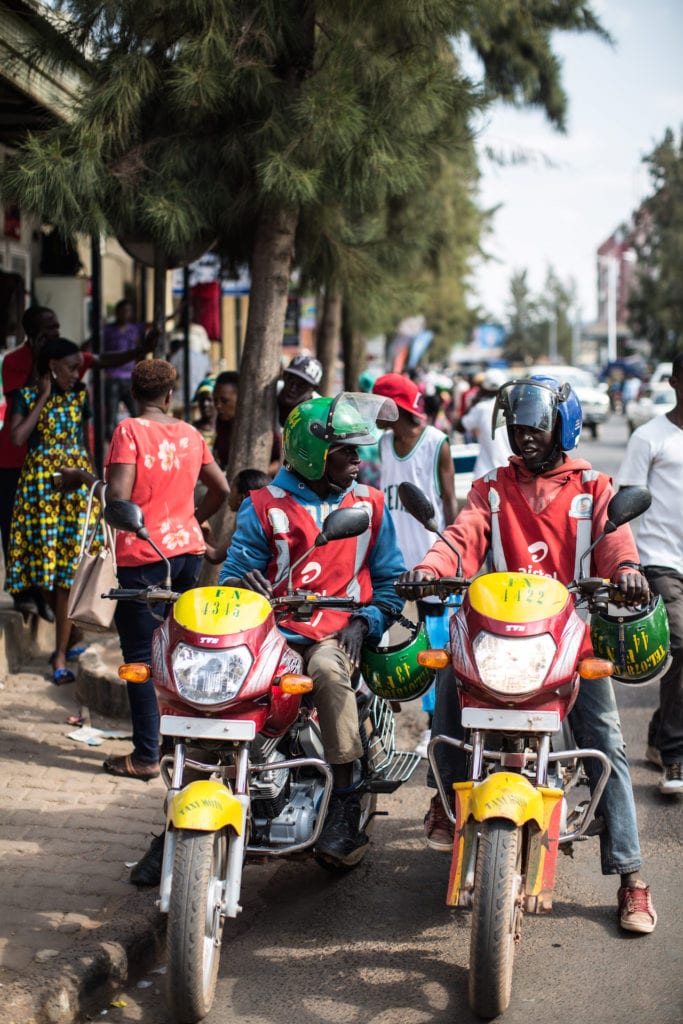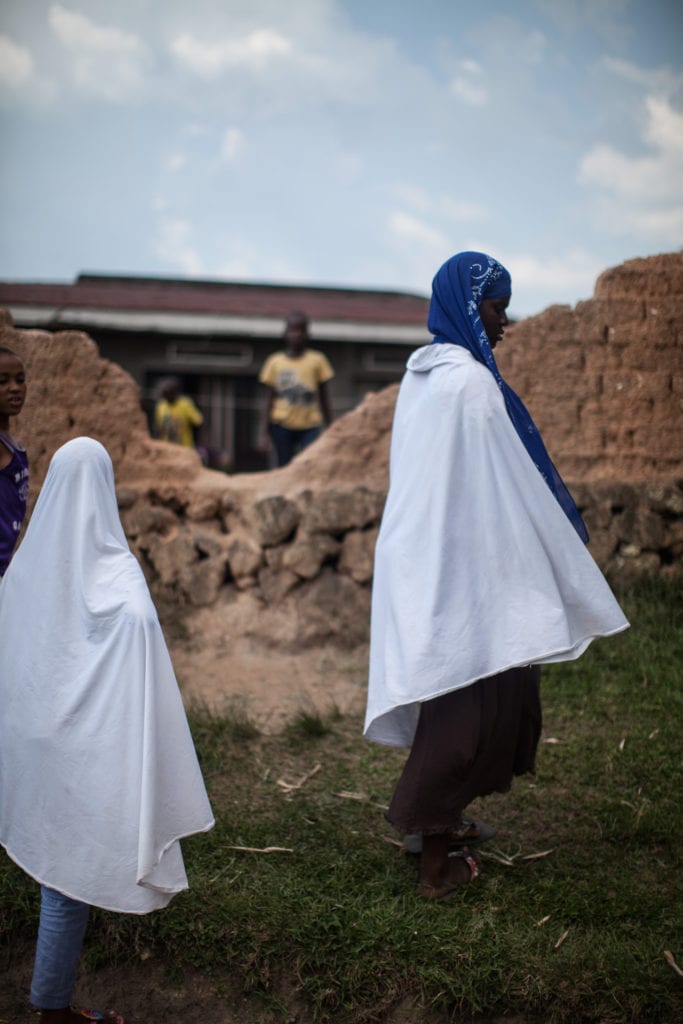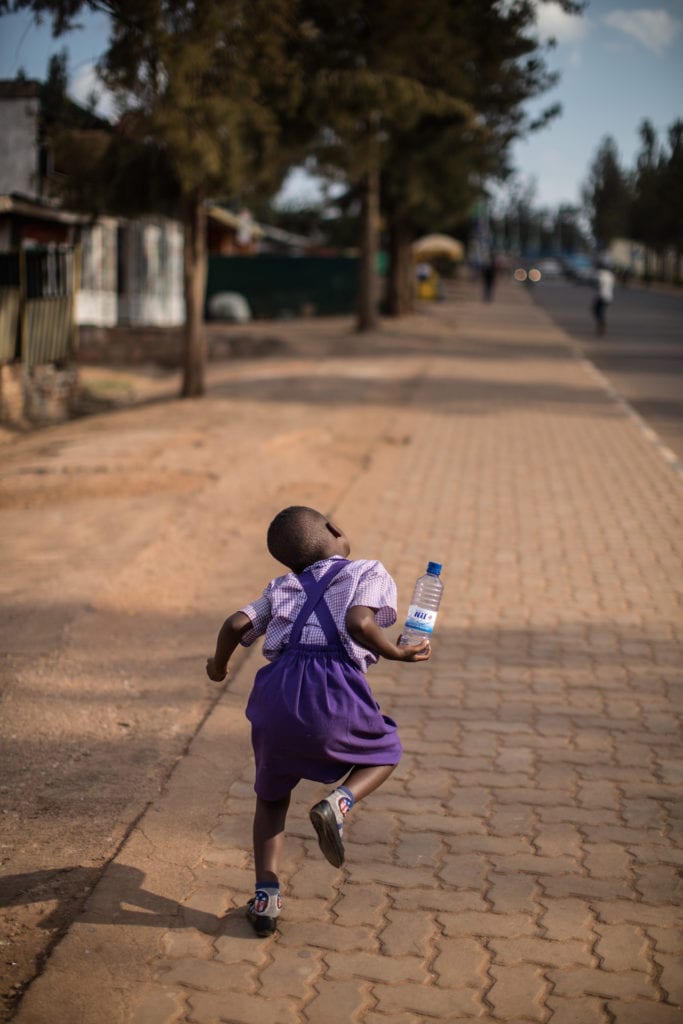“Rwanda is a country in progress,” says Jacques Nkinzingabo, a photographer born in Rwanda in 1994 – the year of the infamous genocide in which 500,000-1,000,000 Tutsi were killed by the Hutu majority government.
“It’s one of the countries with the youngest population in Africa: most of them were born after the genocide,” he continues. “Of course, they have read the news, books, seen images online, but they didn’t experience it. So now they’re building their country. There is a mind-set now that there is no Hutu or Tutsi anymore; everyone is Rwandese. These people want to look beyond the past.”
His words are borne out by the figures. A global entrepreneurship index recently ranked the county the second-best in Africa in which to do business; the workforce is adapting fast to the 21st century, embracing new technology and using it to set up their own initiatives. “When I look at young people, they are a generation trying to be unlike their parents,” says Nkinzingabo. “Rwanda is the country of a thousand problems with a million answers.”
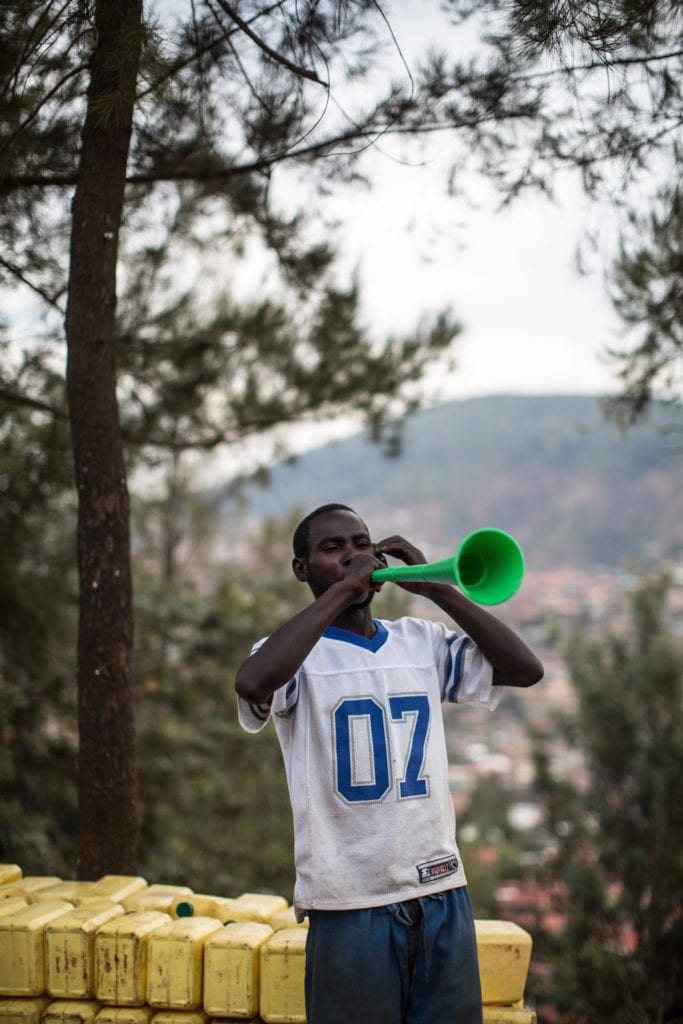
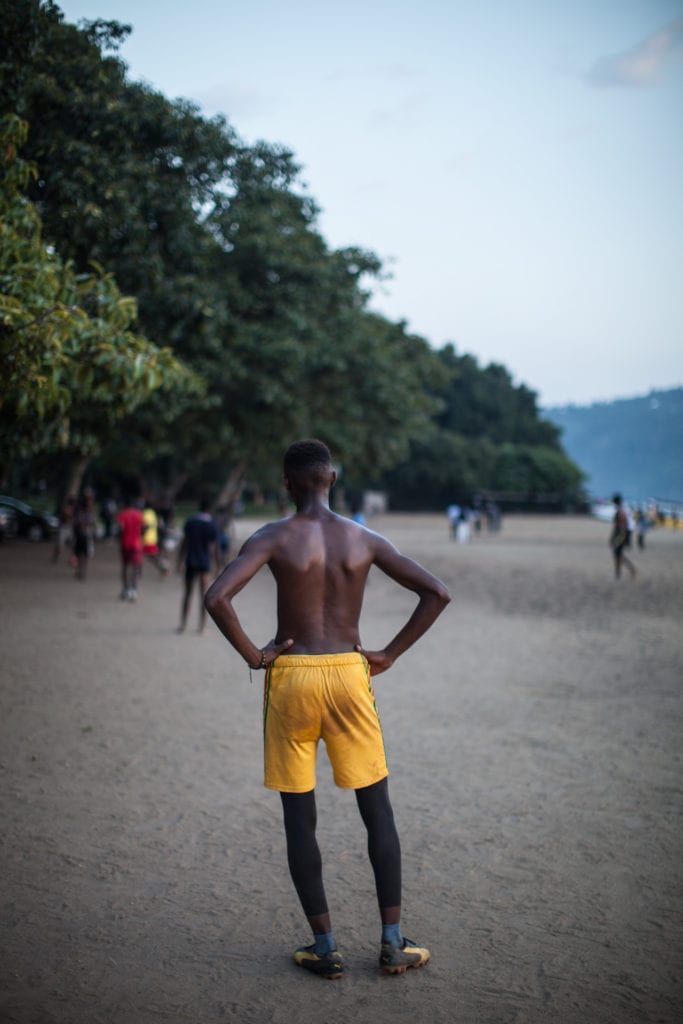
Prompted to document these changes, Nkinzingabo has shot a series called The Country in Progress, taking photographs in cities and villages across Rwanda to give a broader perspective on the nation. “When you look at 10 years ago, it was very hard to be proud of being Rwandese, but now everyone is so proud,” he says. “There is so much colour here. I’m interested in how Rwandese use colours to express themselves.”
It hasn’t been an easy journey – for Rwanda or for Nkinzingabo. Until 2014 he didn’t own his own camera and had to rely on borrowing equipment from friends; he also asked friends to train him up ad hoc, and has never formally studied photography. “Today, there are videos online and you can find these and watch and learn. But I’m talking four or five years ago,” he says. “You didn’t have a computer, money for the internet. You didn’t even have a smartphone.”
Nkinzingabo also faced problems in getting funding for his work, with the Rwandan Ministry of Culture even telling him there were professional photographers from other countries who could better promote Rwanda when he approached them with his initial project, Rwanda, My Beauty. “They didn’t believe that there was the talent and creativity in Rwanda; they didn’t believe there was a photographer in Rwanda who could do the same work as these people,” says Nkinzingabo.
His other big problem was in convincing the locals to be photographed – some of whom had never even seen a camera before. Nkinzingabo active resistance from potential subjects, and had also been stopped from shooting by the police. Undeterred, he co-founded the Kwanda Art Foundation, in a bid to educate Rwandans about photography, and its power to shape the narrative on their country.
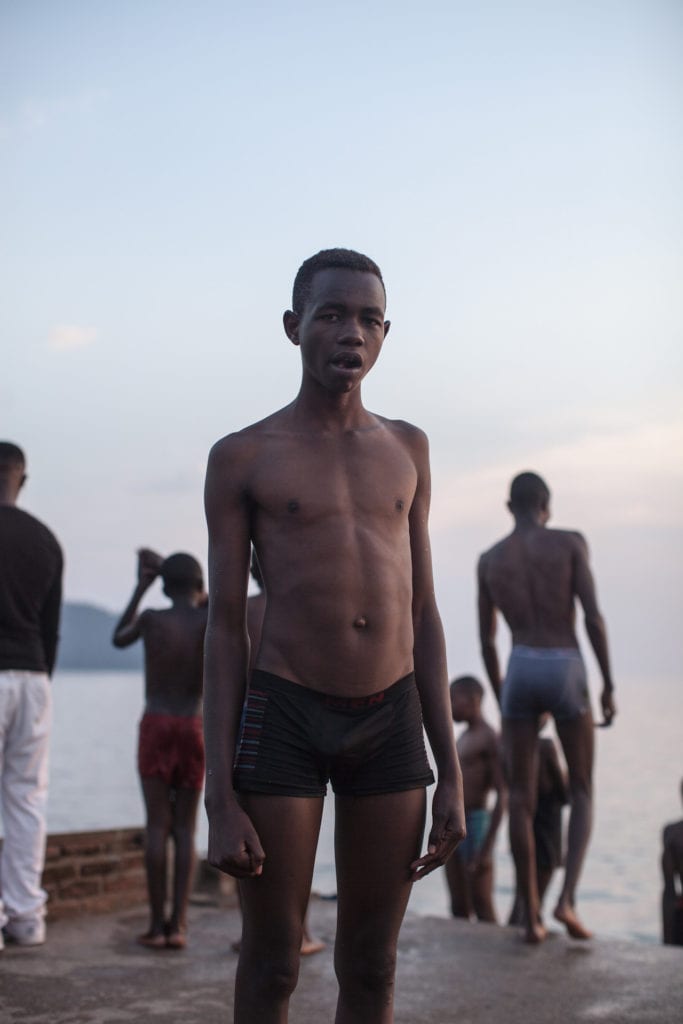
“In doing more exhibitions and workshops, I’m trying to encourage people to understand why we do photography,” he says. “It helps other photographers to tell stories, and to be creative and to make a bed of work. When you try to look at photographs of Rwanda from 40 years ago, 30 years ago, you won’t find any pictures. So how about now? We have to document our history.”
With this in mind, he’s keen to create photographs that speak for themselves, rarely captioning his work and usually avoiding framing them. In doing so, he says, he hopes to create an engaged audience of people who will ask questions about his images. “I don’t want anyone to come to my photographs, read a caption and move to the next one,” he says.
“I want people to pay attention to every detail, every person in the image, every photo I take. I want you to have your own perspective and look at the work and think for yourself without reading captions. I want you to look and think about what is going on, why here, why this person? These questions mean you are paying attention to my work.”
Having conveyed the message back home, Nkinzingabo is now keen to shift perceptions of Rwanda abroad, and is currently showing a series called I Am A Survivor in Munich. The photographs depict adults born in 1994, and show them moving on from their survival stories to forge their own identities. They are people who are celebrating their accomplishments despite the atrocities, and Nkinzingabo counts himself among their number – not only was he also born in 1994, his father died in the genocide when Nkinzingabo was just 10 days old.
“It gives them a way to send a message to their families, their lost ones, to the ones who killed their families and so on,” he says. “They are so proud of who they are right now. Most of the messages they were sending to their families was to say how much they have accomplished. It’s positive ideas and positive messages. It’s a letter to the past that shows a positive future.”
www.jacquesnkinzingabo.com I Am A Survivor is on show at Ruffinihaus, Munich, until 09 November www.inmittenkreativ.de
